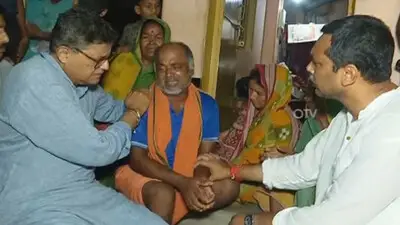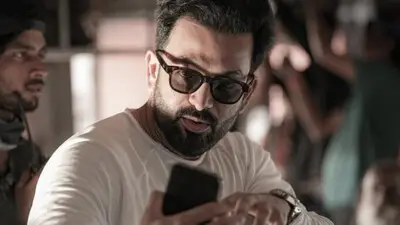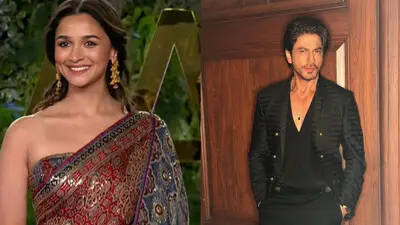Recommended Stories
A five-judge constitution bench reserved its judgement after 17 days of hearing which started on March 27. The bench was told that the apex court did not have inherent powers to lay the guidelines on the issue which falls in the domain of legislature. At best the judiciary can come out with "normative" and not "mandatory" or "exhaustive" guidelines as it would "clash" with the fundamental rights of the scribes.
However, the bench headed by Chief Justice S H Kapadia, which was facing opposition from noted jurists, Fali Nariman and Soli Sorabjee, wanted to know "can`t we come out with some principles (on regulating the media). If we come to a conclusion that there are principles settled by earlier judgements, we can enumerate them in our judgement. You can call it either guidelines, regulations or principles. If we don`t do that who or which institution will do," the bench, also comprising justices D K Jain, S S Nijjar, Ranjana Prakash Desai and J S Khehar said.
The bench got a negative reply from Nariman who said "no, you can`t do". He also said when he had filed the application on the issue he was under the impression that the matter was limited to dispute between Sahara Group and SEBI. The noted jurist said when the ambit of the matter expanded he thought of withdrawing the application which he had filed after a privileged note by him to SEBI was leaked to a TV channel.
Nariman said he and Attorney General G E Vahanvati, who were appearing for two different sides, had discussed that "there is scope for remedial measures". "We want normative guidelines. The Attorney General also said he is for normative guidelines," Nariman said adding that "the moment you say this is a law then a whole range of complications will arise". Later, the bench got support from senior advocate K K Venugopal, who endorsed its view that "guidelines have to be framed to make them (journalists) know where they stand".
"Court has the power to control reporting of its own proceedings," he said. However, Nariman, who was against any restriction on media, said persuasion and discussion (with editors) was the better option as guidelines would open the flood gates. "You are opening the flood gates. This is my apprehension on the guidelines," he said while cautioning the bench that there would large number of pleas in the courts for securing injunction.
He was referring to the expanding media and impact of fast moving technology where information was being disseminated through twitter and other social networking sites. However, the bench said it was concerned with the "mainstream media and not with others like blogs, etc". Earlier, Sorabjee had replied in the affirmative when the bench wanted to know from him "if by laying down guidelines we are violating Article 19 (2)".
"Yes, don`t take upon yourself to lay guidelines. Essentially it is a legislative activity," the former Attorney General said. "We can enumerate principles on the basis of analysis of case laws and also with regard to relevant jurisprudence of other countries. Restriction can be imposed on the basis of principles," he said. The bench also discussed with him the concept of ban on prior publication.
He said "under Article 142 of the Constitution, the court cannot exercise its inherent powers to lay guidelines as it would amount to judicial over-reach". Nariman said no area in the constitution permitted making law by the court. However, the bench said it has been laying down guidelines on various subjects where there has been a gap between the statutes and constitution. Nariman said there was no scope for filling the gap in Article 19(2) as there was balancing in itself. He said for freedom of press and freedom of speech and expression, permitted restrictions comes by way of contempt of court.
The senior advocate said administration of justice was a distinct head of legislation in concurrent list and a law could be made on it. "An inherent power of the apex court cannot come in the way of fundamental right. It will be a clash with the fundamental rights," he said. "Anything which did not fall in the ambit of contempt of court cannot be brought under restriction," he said and added that "there has to be restriction by law". Nariman opposed the idea of temporary ban on the publication of court proceedings saying "people want hot news like hot cake".












